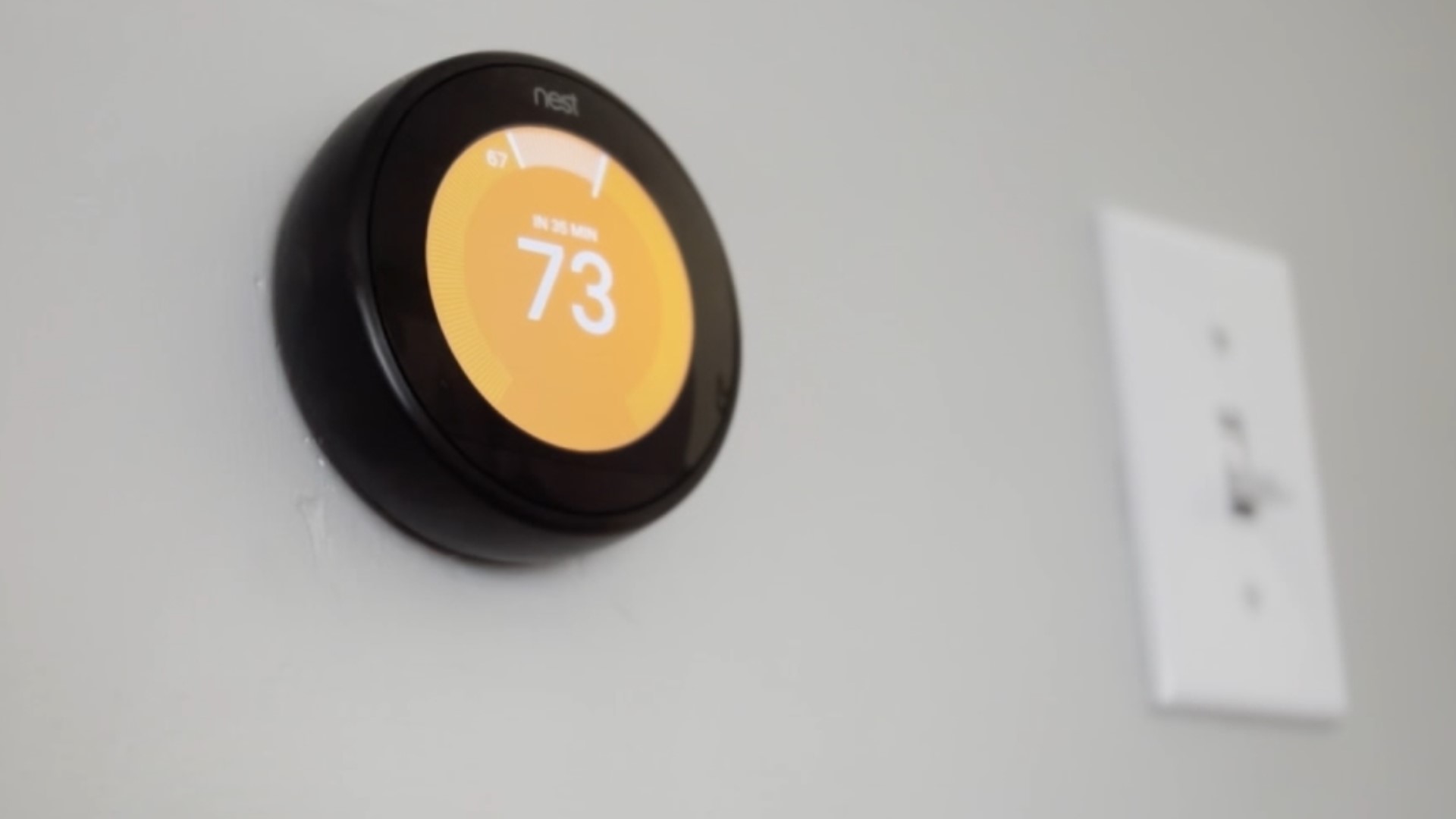YORK, Pa. — Cranking up the heat at home is getting more expensive in Pennsylvania.
Many companies are increasing what's called the price to compare on Dec. 1, which is typically the most expensive part of your energy bill.
According to the Pennsylvania Public Utility Commission, here are the changes you can expect:
- Citizens’ Electric, estimated decrease from 13.333 cents to 10.964 cents per kWh (-18%);
- Duquesne Light, estimated decrease from 11.45 cents to 10.46 cents per kWh (-8.6%);
- Met-Ed, increase from 10.24 cents to 11.306 cents per kWh (10.4%);
- PECO, estimated decrease from 9.672 cents to 8.919 cents per kWh (-7.8%);
- Penelec, increase from 9.703 cents to 10.607 cents per kWh (9.3%);
- Penn Power, increase from 10.556 cents to 11.231 cents per kWh (6.4%);
- Pike Co. Light & Power, increase from 7.3005 cents to 8.67 cents per kWh (18.8%);
- PPL, decrease from 12.126 cents to 11.028 cents per kWh (-9%);
- UGI Electric, decrease from 12.128 cents to 10.26 cents per kWh (-15.4%);
- Wellsboro Electric, decrease from 12.393 cents to 9.206 cents per kWh (-25.7%); and
- West Penn Power, increase from 9.929 cents to 10.001 cents per kWh (1%).
You can shop around to find cheaper options. PaPowerSwitch.com allows you to shop for electric suppliers and you can check out different gas suppliers at PaGasSwitch.com.
If you do choose to shop, you're not changing your electric company. For instance, if you pay your bill to Met-Ed, you would still be doing that.
You'll see a few different options when it comes to rates: There's the Variable price that can change daily, monthly, or even another term that is defined in a contract.
Then there's a fixed price. That means the kilowatt-hour price you select will stay the same for the term of that contract. Now this doesn't mean your bill will be the same for that long. Your bill will still rise and fall based on how much energy you use each month.
You could also look for unlimited options. This is a monthly rate that is not based on usage.
If you do want to shop and save, just remember that you're typically entering some sort of contract with a supplier- so it's up to you to remember the terms.
Shopping isn't the only way to save though. Unplugging some of your appliances can help too.
So which ones use the most energy? Anything with a remote control, like TVs and gaming consoles. They are on standby mode, just waiting to be turned on and wasting energy.
Another thing that's eating away at your money is anything with a time display, like your coffee maker.
These appliances are all using what's called phantom energy.
The National Resource Defense Council says we spend $19 a bill on appliances and electronics like this.
If you really want to know exactly what your usage breakdown is, you can buy an energy usage monitor. They'll cost you about $15 to $30.
If you have a story you want Jackie De Tore to look into, FOX43 wants to find out. Send her a message on Facebook or send an email to FOX43FindsOut@FOX43.com. You can also join the FOX43 Finds Out Facebook Page.

